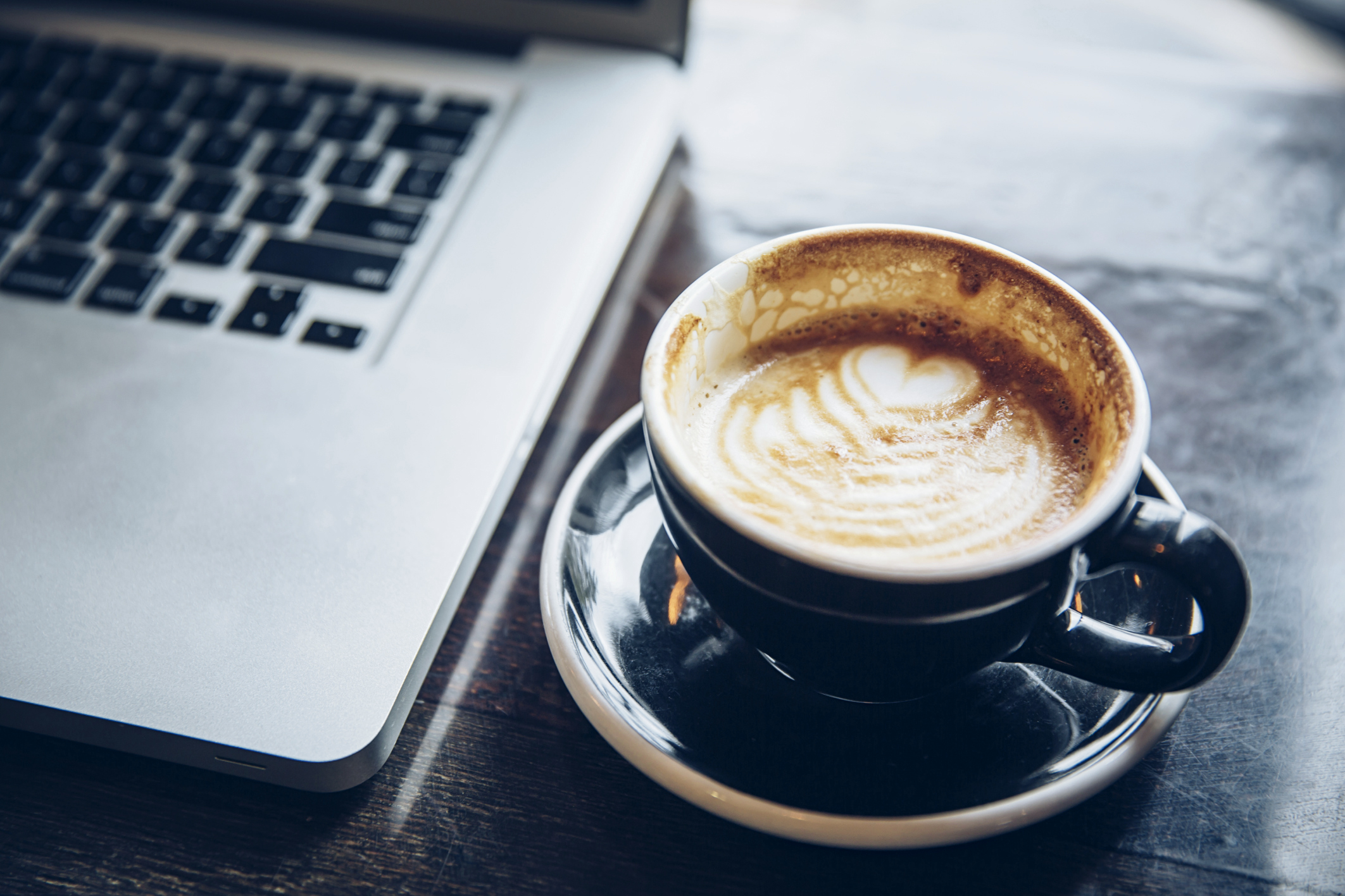By Pranjal Karanjkar ('22) and Hyma Gollakota ('22)

Teens drink caffeine for a variety of reasons.
According to medicalnewstoday.com, it is common for teens to resort to caffeine to pull an all-nighter to study or to stay alert in school.
Caffeine comes in many forms, not just coffee. In fact, energy drinks such as Monster, AMP and RedBull also have high caffeine levels. While coffee has more caffeine than energy drinks, energy drinks have very high sugar levels when compared to coffee. The effects of both sugar and caffeine produces much worse effects than just coffee alone. Yet, teens disregard the bad effects and continue to drink caffeine.
However, there are a number of unwanted side effects that caffeine produces, for example, insomnia, restlessness, headaches and difficulty concentrating.
Additionally, according to an article on psychologytoday.com, the recommended caffeine consumption for adults is between 200-300 mg and for teens, 100 mg a day. This is equivalent to about 1 cup of coffee for teens, and 2 for adults.
However, teens often go above this limit but when this occurs it becomes unhealthy. Many students drink more than the recommended amount of coffee a day in order to stay awake and keep up with the stress of school, according to verywellhealth.com.
School Nurse Ms. Rena Eng, said, “As long as [the student’s] parents are okay with it and the child controls the amount, it’s acceptable to start drinking coffee. It is okay for adults to drink coffee, but I think that teens shouldn’t drink coffee as a way to get cope with school work. Time management is very important.”
The average teenager only gets around 6.5-7.5 hours of sleep according to Better Health while the recommended amount is 8-10 hours. Because of this, students are often tired and don’t perform their best in school.
To try and combat the grogginess, students tend to drink large amounts of coffee. As previously shown, research shows that coffee and caffeine may not be the best option. Instead of trying to cover up their tiredness with coffee, students should improve their work ethic and sleep earlier. Students are obviously busy and some have no time for anything other than work and their extra-curriculars. If students work fast and don’t procrastinate, they won’t have reason to stay up late.
Freshman Ananya Kulkarni stated her views on caffeine consumption.
She said, “I think that for teens, drinking coffee is okay once in a while. However, I see teens drinking coffee in large amounts in the morning and I don’t see how that could be healthy”.
However, many teens stand by caffeine and truly don’t think it is all that bad.
Freshman Srishti Thakur said, “I think that drinking caffeine isn’t that bad. To be honest, it helps to stay awake when I have homework from many classes.”
It is clear that many teens resort to caffeine products, primarily in coffee, to deal with stress and time management. Furthermore, abusing and going over the recommended caffeine consumption daily leads to numerous unwanted long and short term effects. Overall, most experts agree that it is not a healthy option.
